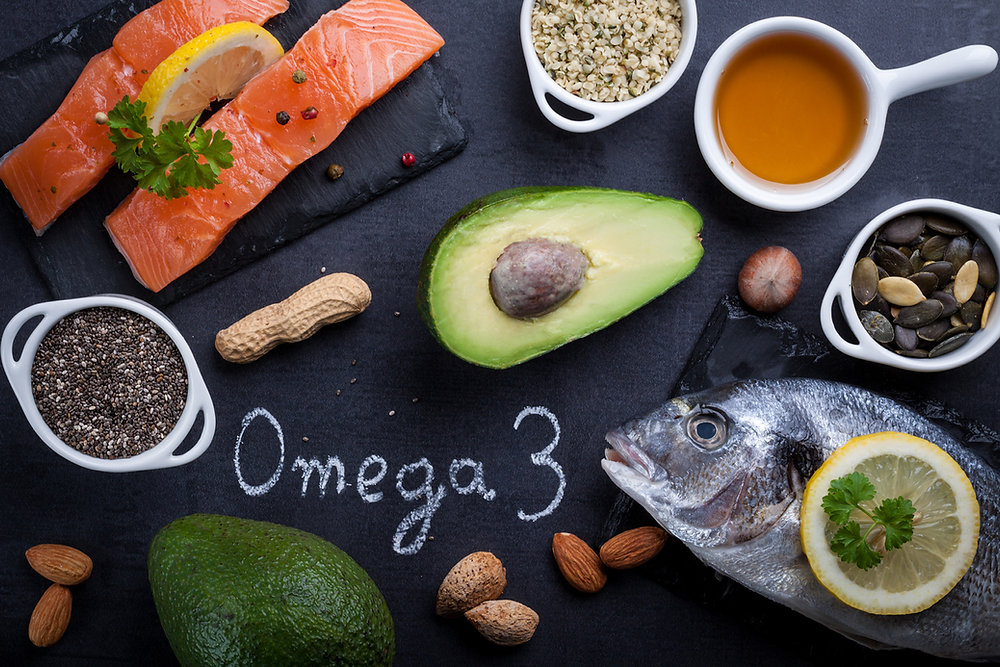If you’ve undergone surgery before, you might recall waking up feeling groggy as the effects of the anaesthetic wore off. While this grogginess typically fades, for some individuals, there’s an additional concern: a sudden decline in brain function post-operation, which can persist for weeks to months.
A recent animal study indicates that consuming fatty foods in the days leading up to surgery could exacerbate the inflammatory processes associated with this cognitive decline, thereby prolonging memory difficulties. In humans, such issues are linked to an increased risk of dementia.
Previous research in humans has demonstrated that fatty foods alone can accelerate cognitive decline, typically associated with ageing, by triggering inflammation. Even occasional indulgence in sugary or fatty foods can impact brain function, as shown in other animal studies.

In this new study conducted by a team from Ohio State University, rats fed fatty foods for just three days before surgery displayed enduring signs of memory deficits lasting up to two weeks. This was accompanied by a surge of inflammation in the brain, persisting for three weeks.
Behavioral neuroscientist Ruth Barrientos of Ohio State University explains, “The high-fat diet alone might increase inflammation in the brain just a little bit, but then you have surgery that does the same thing, and when put together in a short amount of time you get a synergistic response that can set things in motion toward a longer-term memory issue.”
To achieve these findings, the researchers fed both young and old rats a high-fat or standard diet for three days before undergoing a procedure resembling exploratory abdominal surgery. Control groups were anaesthetized but underwent no surgery. Two weeks later, all animals underwent a series of memory tests.
Memory issues were observed in both young and older rats fed high-fat diets, persisting at least two weeks post-surgery—a more prolonged effect than seen in previous rodent studies after just three days, not weeks, of unhealthy eating. Importantly, these effects were not attributed to anaesthesia, as other animals fed a fatty diet but not subjected to anaesthesia or surgery exhibited similar memory deficits due solely to unhealthy food consumption.

Future research is necessary to determine the duration of these cognitive effects and how post-operative opioid painkillers like morphine might prolong them. On a positive note, the researchers found that one month of DHA omega-3 fatty acid supplements mitigated the post-surgery inflammatory response and prevented associated memory problems in both young and older rats.
Barrientos emphasizes, “DHA was really effective at preventing these changes,” suggesting its potential as a pretreatment, particularly for individuals aware of their impending surgery and unhealthy dietary habits.
However, the translation of these animal study findings to humans, particularly obese surgical patients and not just occasional unhealthy eaters remains uncertain. Additionally, it’s worth noting that the study solely utilized male rats, while other research suggests gender differences in response to general anaesthetics used during surgery.
The study has been published in Brain, Behavior, and Immunity.







